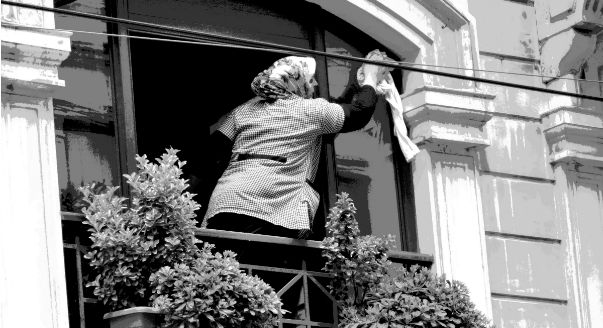“You must iron my clothes and make my food whenever I like and whatever I like. . . you must care for me. . . you are here to do the housework. . . otherwise it’s no use keeping you here.”
These are the chilling instructions one woman was given after commencing domestic work in Australia, and is just one of the stories contained in a 2014 report by the Australian Institute of Criminology.1
Domestic slavery takes many forms: 16-hour days without breaks, violence and threats and little or no pay. In short, it’s when private homes become prisons that people cannot leave.
By their very nature, these abuses happen behind closed doors – and many Australians do not realize it happens in their own country. But if we come together, we can make domestic slavery an urgent priority, and spur the Government of Australia to take immediate action to ensure no domestic worker is enslaved here.
There are an estimated 54,000 domestic workers in Australia.2 By taking swift action now, we can help protect every one of these workers from the nightmare of modern slavery.



Make your voice heard
Comment
6
Share this petition